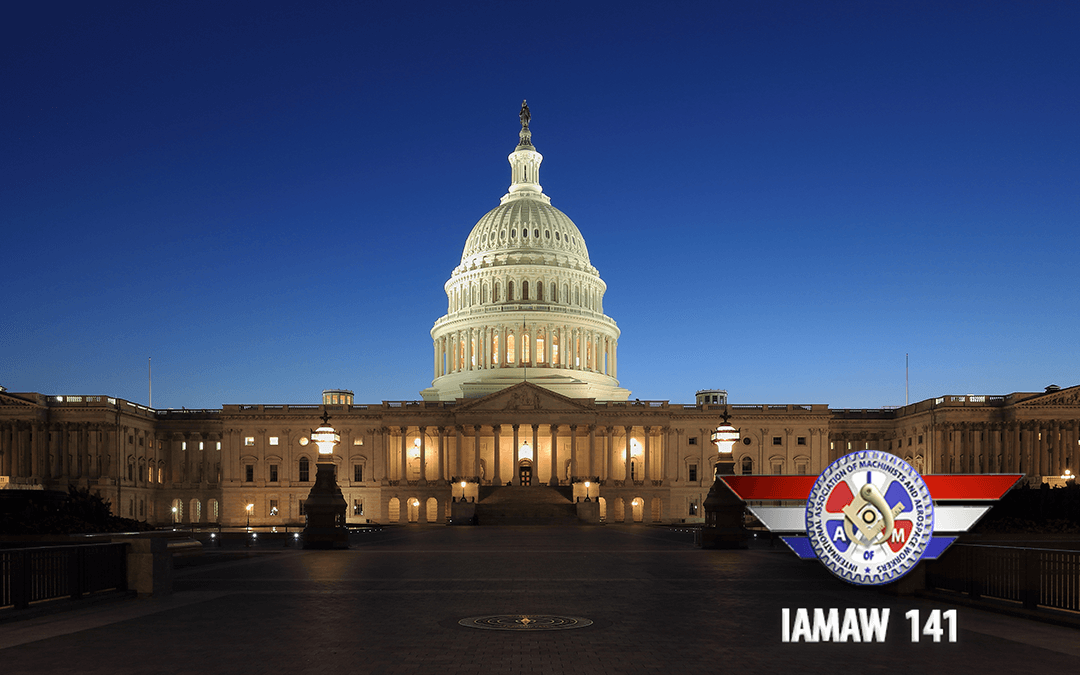
by Eric Price | Sep 28, 2020 | Airlines, COVID, Featured, Featured News, Front Page, GOIAM Stories, MNPL, Page Five, Page Four, Page Three, Page Two, Perusals, Row 2
Outside the U.S. Capitol, IAM International President Robert Martinez Jr. joined other labor leaders, airline executives, and politicians to call for an extension of the airline Payroll Support Program (PSP) which offers emergency funding to airline workers that have...
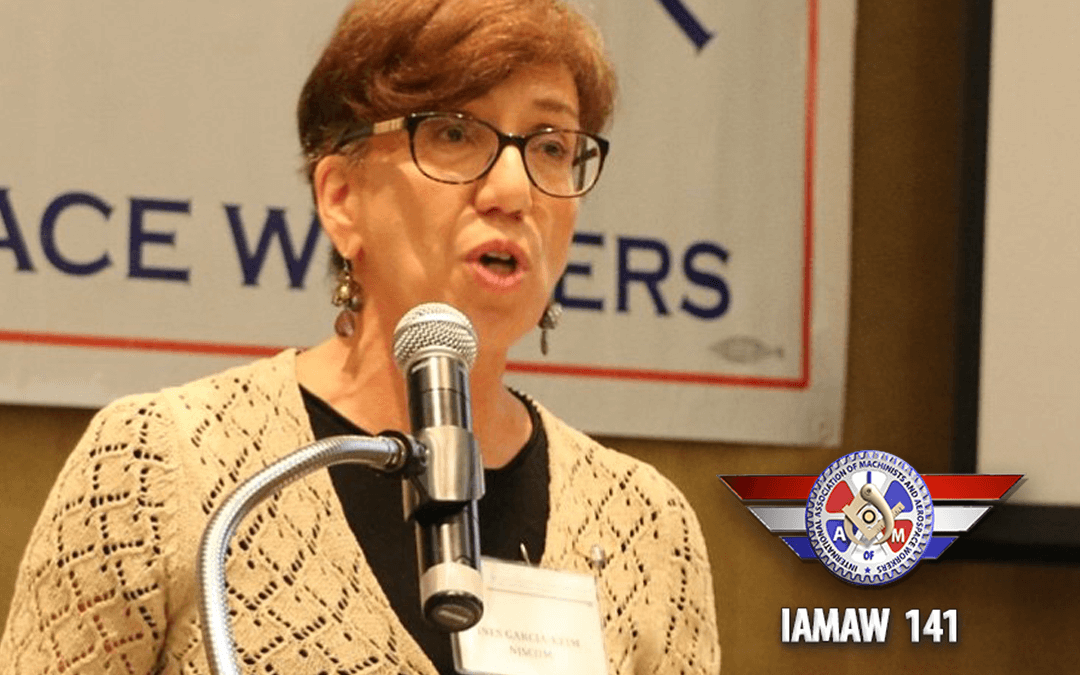
by Eric Price | Sep 25, 2020 | Featured News, Front Page, MNPL, Page Five, Page Four, Page Three, Page Two, Perusals, Uncategorized
141 Report: New Jersey State Council of Machinists President, Ines Garcia-Keim New Jersey State Council’s First Woman President Discusses the Importance of Regular Communication With Lawmakers, her career and why unions are still relevant. Like many airline...
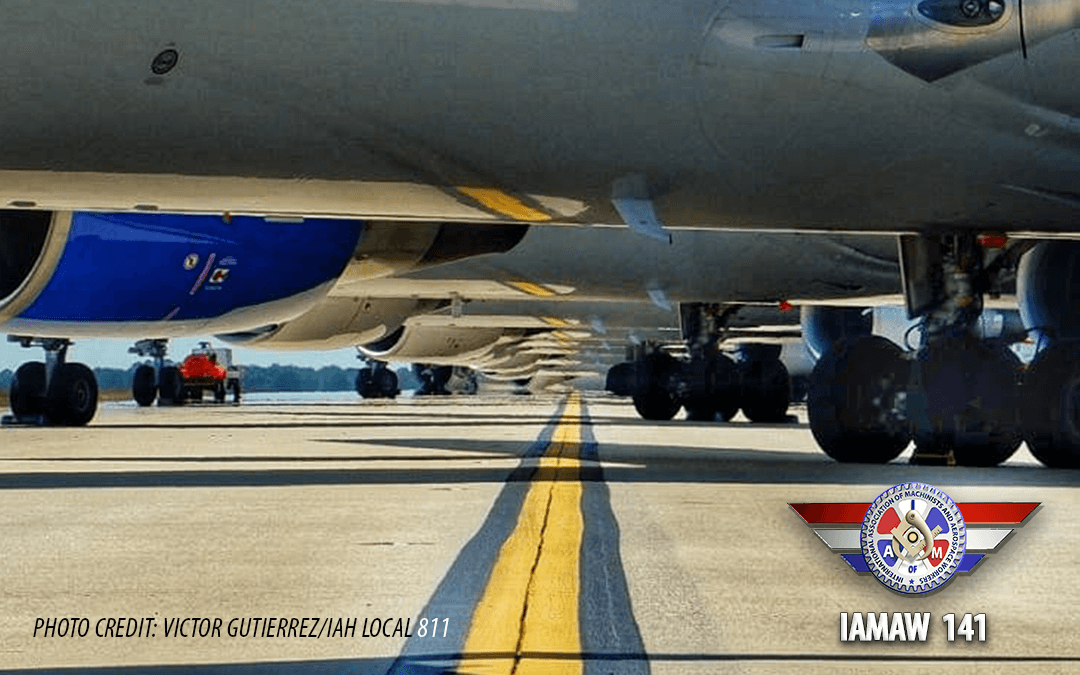
by Eric Price | Sep 25, 2020 | Airlines, COVID, Featured News, Front Page, GOIAM Stories, MNPL, Page Four, Page Three, Page Two, Perusals, Row 2
With the airline Paycheck Support Program (PSP) contained in the CARES Act set to expire next Wednesday, September 30, we are urging all members to continue imploring Congress to pass a clean extension of the PSP through March 2021. Adding to the urgency is the...
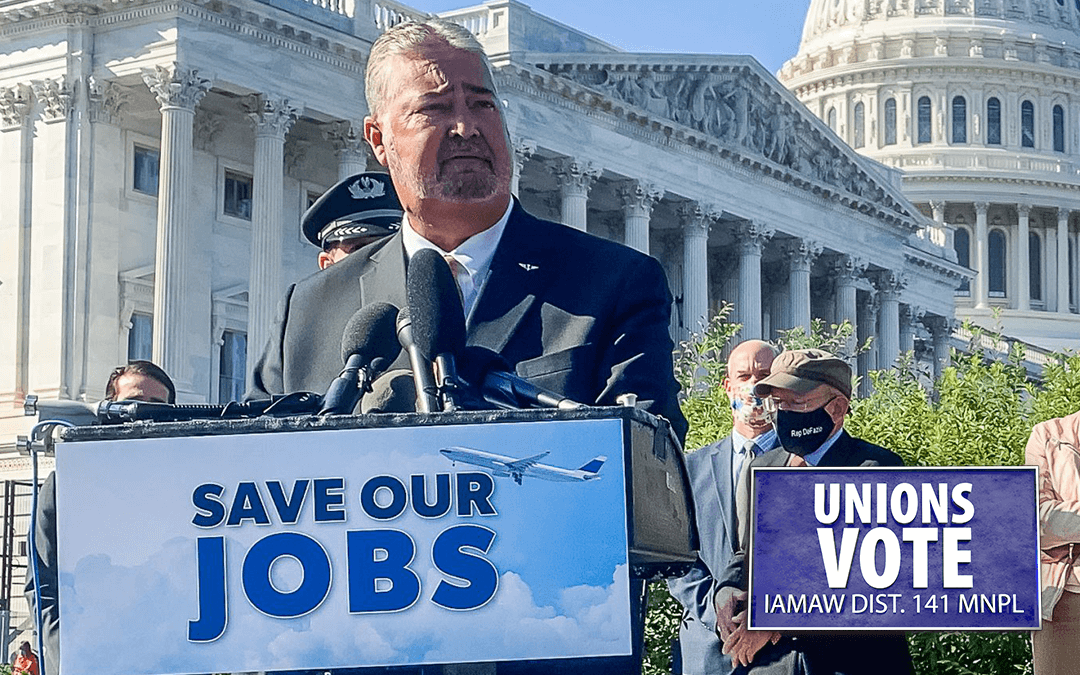
by Eric Price | Sep 23, 2020 | COVID, Featured News, Front Page, GOIAM Stories, MNPL, Page Five, Page Four, Page Three, Uncategorized
UPDATE 9/23/2020: Government Affairs Representatives at United Airlines told a group of employees at a town hall meeting on Thursday that Senators Pat Toomey (R-PA) and Rick Scott (R-FL) have blocked a unanimous consent motion to advance a clean extension of the...
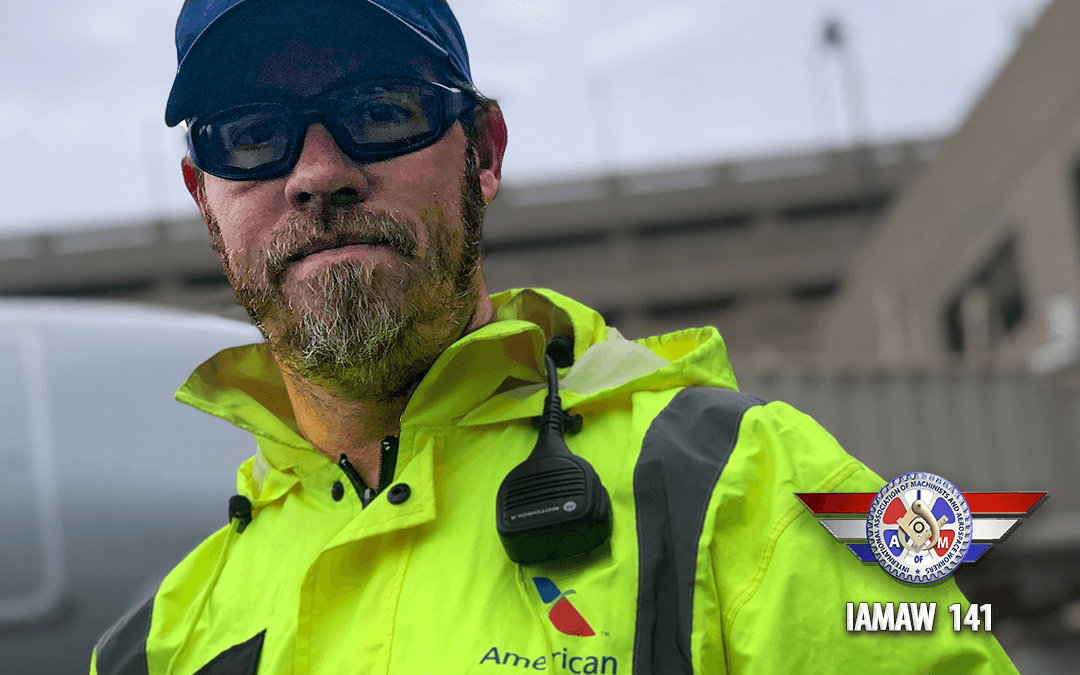
by Eric Price | Sep 18, 2020 | Airlines, American, COVID, Featured News, Front Page, MNPL, Page Five, Page Three, Perusals, Row 2, Uncategorized
141 Report: Jason Kammer Talks Labor Issues and Politics in the Grand Canyon State Jason Kammer has worked as a Ramp Service Agent in PHX since 1996 when he joined his mother and uncle working at America West Airlines. After two airline mergers, Brother Jason now...
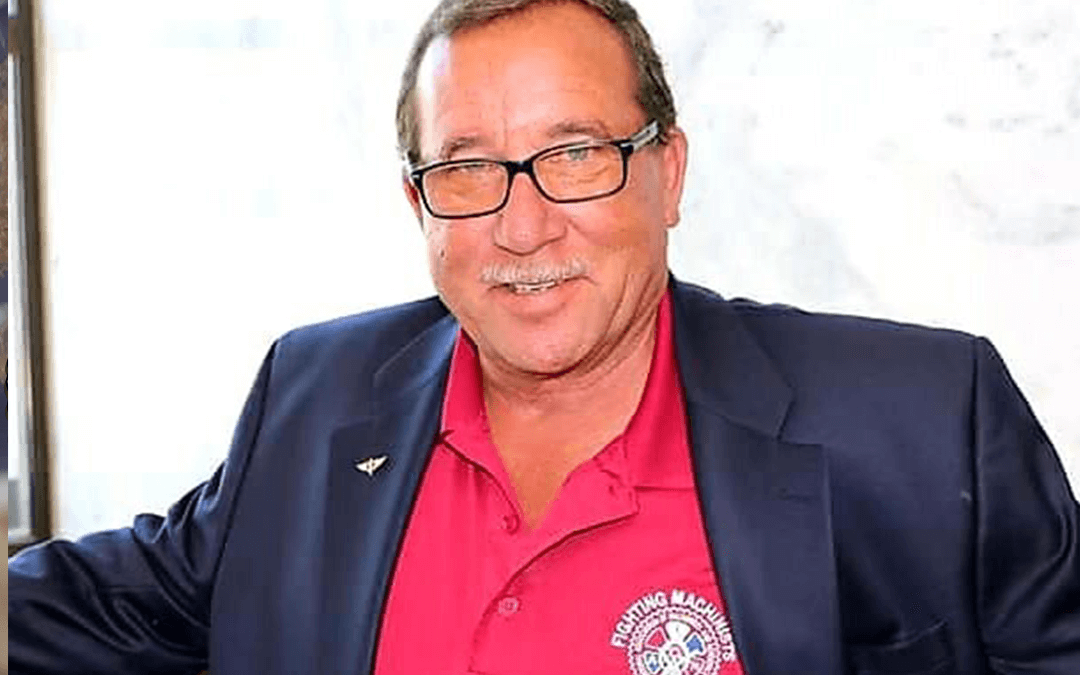
by Eric Price | Aug 28, 2020 | Airlines, American, Community Service Page, Featured News, Front Page, MNPL, Organizing, Perusals, Row 2, Uncategorized, United, Video
Bill Gula, Local President and Activist Brother Bill Gula began his career in 1996, as a Ramp Services Agent at Continental Airlines. Bill split his time between working on the ramp and later took on additional responsibilities as a Load Planner. He worked as a Hub...







